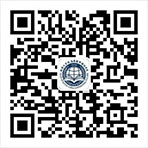
Tongji University Delegation of Faculty and Students Conducts Research in Hungary
From June 12 to 15, 2024, a delegation of faculty and students from the School of Political Science and International Relations at Tongji University visited Hungary to conduct in-depth research on China-Hungary cooperation. The delegation was led by Professor Men Honghua, a Distinguished Professor under the Changjiang Scholars Program of the Ministry of Education and Dean of the School of Political Science and International Relations/China Institute for Strategic Studies at Tongji University. The delegation also included Professor Cai Sanfa, Party Secretary of the School of Political Science and International Relations, Professor Song Lilei, Director of the Tongji University Center for European Studies, and six doctoral students: Li Yihe, Wan Kun, Cai Yue, Chang Chen, Ma Yuyin, and Song Mengke. During the visit, the delegation met with the Institute of World Economics at the Hungarian Academy of Sciences and held discussions with renowned Hungarian economist Professor Andras Inotai. They also conducted on-site research at BorsodChem, a subsidiary of Wanhua Chemical in Hungary, and participated in a roundtable discussion at the China-CEE Institute.
On the morning of June 12, Professor Song Lilei and the six doctoral students visited the Institute of World Economics at the Hungarian Academy of Sciences and engaged in academic discussions with Professor Andras Inotai, a renowned Hungarian economist and expert on European integration. During the exchange, Professor Inotai and the delegation discussed topics such as EU economic security, global environmental governance, and the Global South. They shared insights and perspectives on issues such as "China-Europe relations in the process of global economic and political development," "Hungary's role in the implementation of EU green policies," and "the future trajectory of EU strategic autonomy." The students and faculty from Tongji University engaged in in-depth exchanges with Professor Inotai.
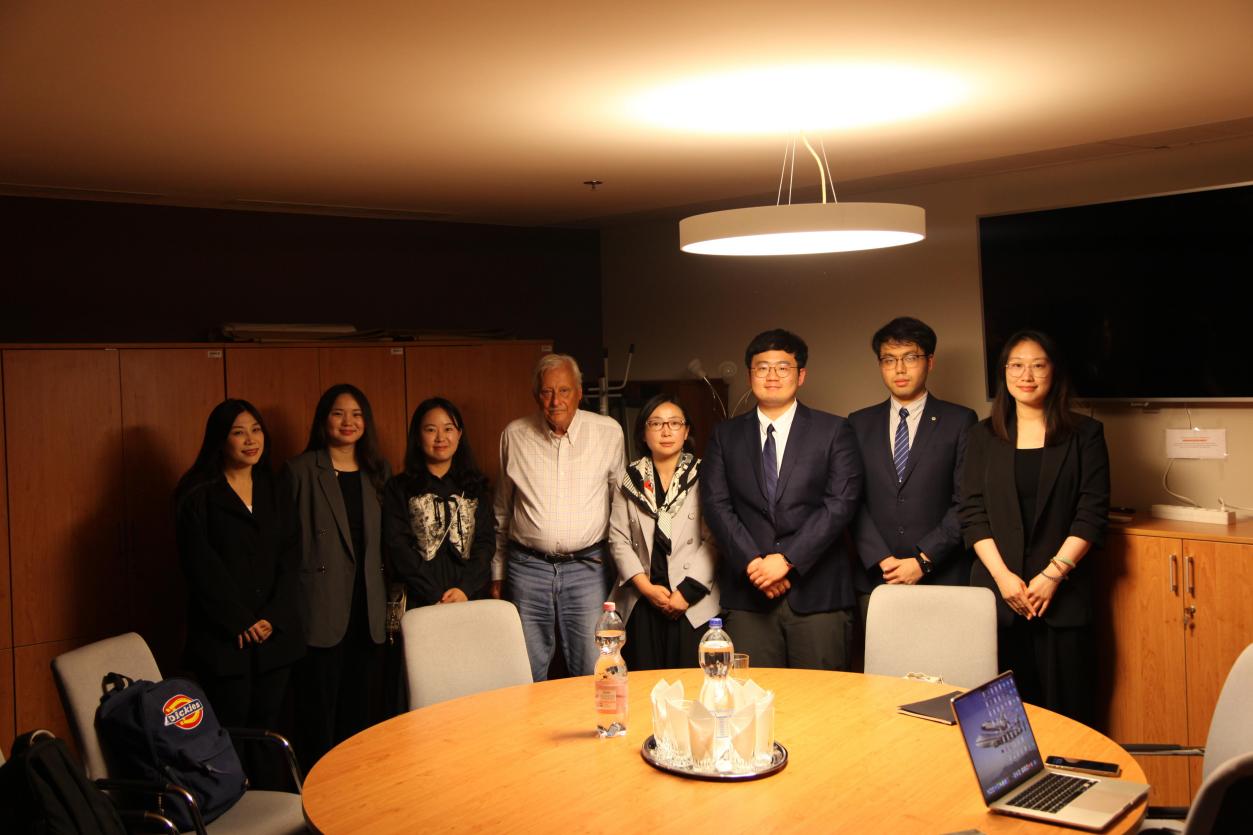
In the afternoon, Professor Song Lilei and the six doctoral students visited BorsodChem, a subsidiary of Wanhua Chemical in Hungary, to conduct on-site research. As a global leader in the chemical industry, Wanhua Chemical's investment in Hungary has not only brought advanced technology and management experience but has also created numerous local job opportunities, contributing to the economic development of the region and enhancing the Hungarian public's favorable perception of China. Li Junyan, Deputy General Manager of BorsodChem, held a discussion with the delegation.
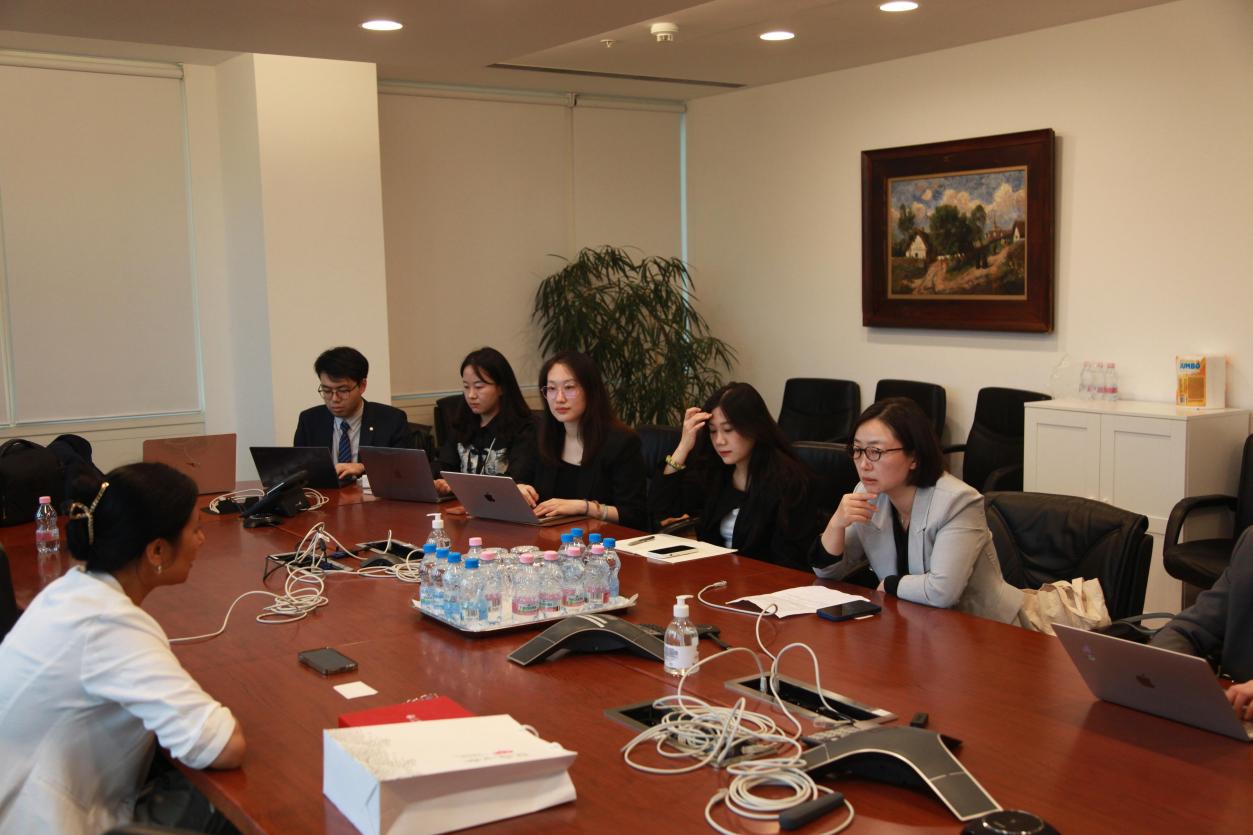
During the meeting, Mr. Li shared insights into the growth trajectory of BorsodChem, Wanhua Chemical’s strategies in response to the EU's increased tariffs, and the company's future development plans. He also welcomed the delegation and students from Tongji University to participate in Wanhua Chemical's overseas development projects.
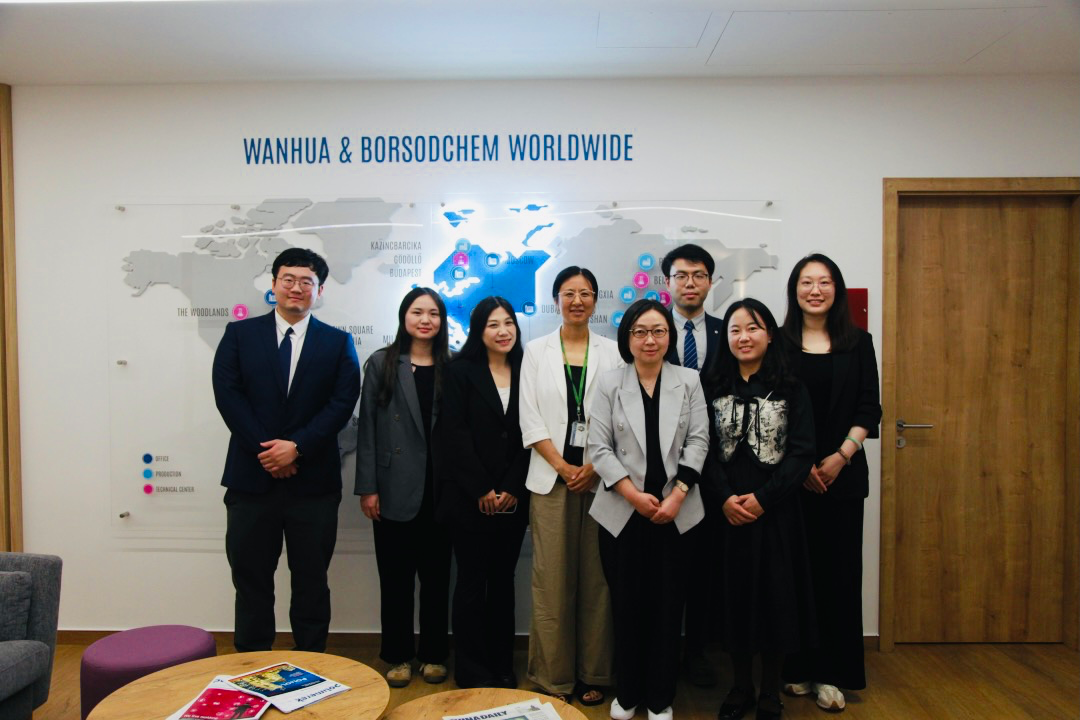
Following this, Professor Song Lilei and the doctoral student delegation visited the China-CEE Institute for a roundtable discussion. Researcher Huang Mengmeng introduced the operational framework of the China-CEE Institute and shared details about its main activities and collaborations with Hungarian research institutions. Established on April 24, 2017, the China-CEE Institute is an overseas think tank independently registered in Hungary by the Chinese Academy of Social Sciences’ Institute of European Studies. It is the first Chinese think tank independently registered in Europe. The institute follows a gradual development approach, establishing connections with experts, scholars, academic institutions, and think tanks in China, Central and Eastern Europe, and other parts of Europe. It steadily conducts research projects, organizes academic conferences, facilitates think tank dialogues, implements talent training programs, and publishes joint research to support China's overall diplomacy with Europe and the Belt and Road Initiative. The institute also promotes "16+1" think tank cooperation and China-Europe cultural and academic exchanges. Additionally, it collaborates with domestic universities to translate and promote significant articles on social media and conducts public opinion surveys on China-Europe relations to assess European public attitudes toward China in real time. Researcher Huang introduced the institute's publications and encouraged the students to publish academic papers in relevant journals.
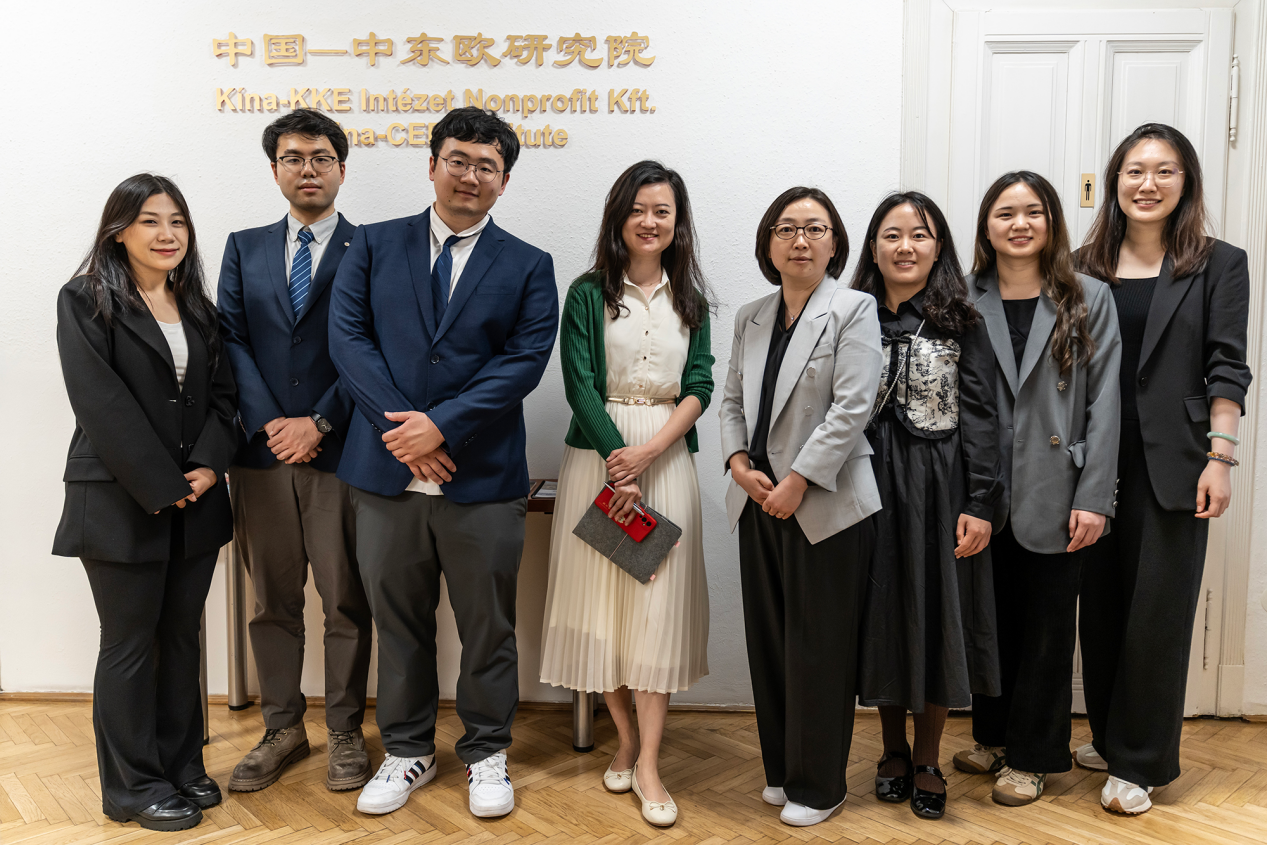
Through these exchanges, the delegation not only gained a deeper understanding of Hungary’s culture and society but also experienced Hungary’s friendly attitude toward China. The discussions with Professor Andras Inotai provided the students with a profound understanding of the current complexities of international affairs and Hungary's economic and political development. This allowed them to envision more pragmatic prospects for future China-Europe cooperation. The on-site research at BorsodChem gave the delegation a firsthand appreciation of Wanhua Chemical’s journey from a relatively unknown company in Hungary to a leading player in the global chemical industry. This reinforced the importance of practical experience in complementing theoretical knowledge and highlighted the need for companies to align their development strategies with national policies and international dynamics. The visit to the China-CEE Institute provided the students with a clearer understanding of the institute's operational model and platform development. The discussions with Researcher Huang Mengmeng were particularly enlightening, offering valuable guidance for the students’ future academic and professional careers.
The delegation expressed a strong desire to promote sustainable exchanges and collaboration between Tongji University and Hungarian research institutions. They emphasized the importance of fostering closer ties between China and Hungary through cultural and academic exchanges, paving the way for deeper bilateral relations.




